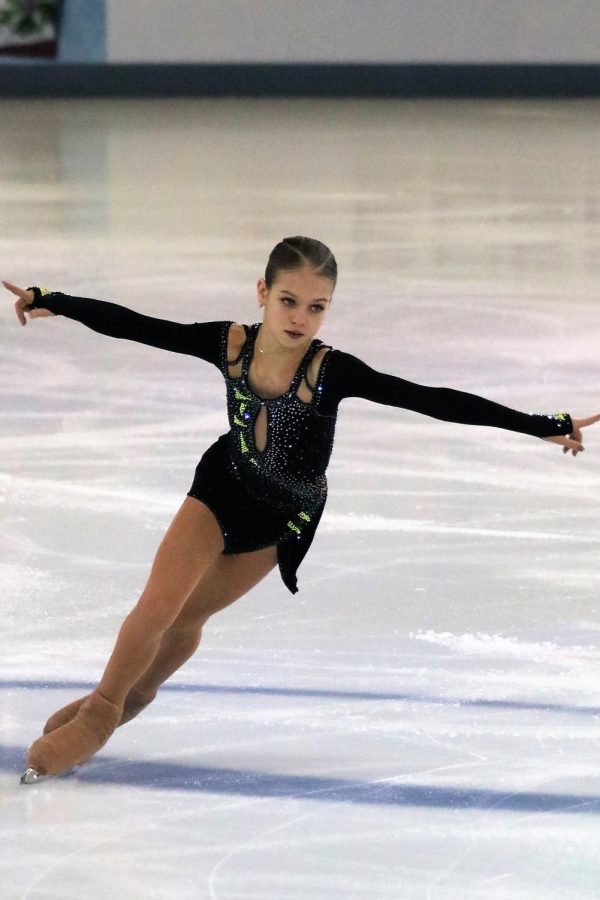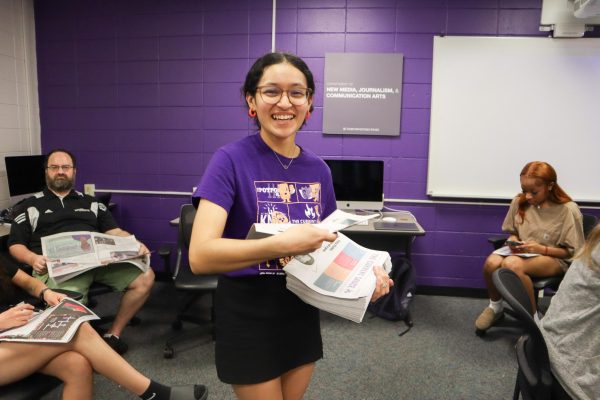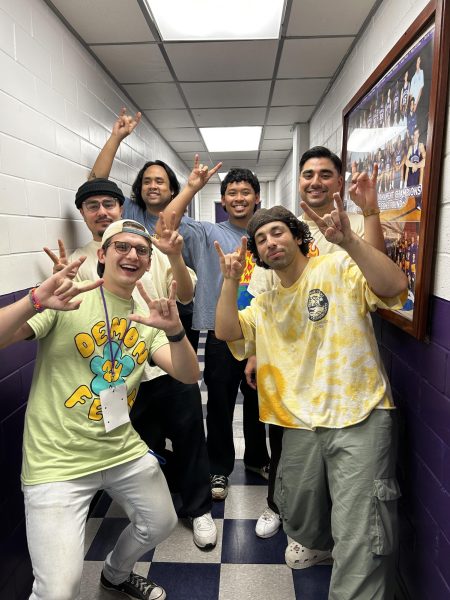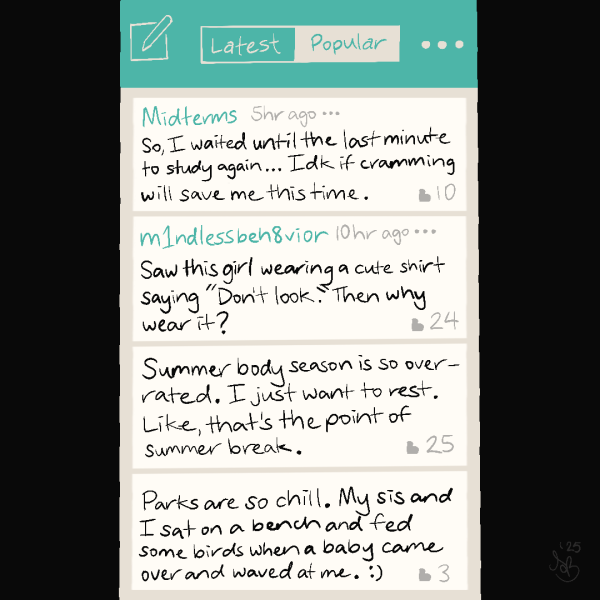Mental abuse is not worth gold
2022 Beijing Winter Olympics has shown devastating evidence of inhumane pressure that the ROC (Russian Olympic Committee) is placing on athletes like Alexandra Trusova.
Ice skids underneath the blades at her feet, the ice-cold arena around her looms over her head, the pressure of her success pressing heavily on her back.
15-year-old Kamila Valieva competes for her final skate in the Beijing 2022 Winter Olympics, looking to her coaches, just as cold-faced as the ice, before competing in her free-skate program before all the world to see. Worst of all, she holds the biggest controversy in modern-day Olympics on her back; she failed her drug test.
We begin to question the morality of the people in charge of these kids, plucked from their homes at an early age to train day and night to be the best in the country. We can only guess how much pressure these children face every day. It’s rare that we see the evidence of this type of training regime on these athletes, with the Olympic stage holding no room for mental breakdowns or more. But this year’s Winter Olympics brought to light many previously hidden things.
With accusations of doping amidst the controversy of Russia allegedly doping all of their athletes, Valieva held a lot of controversy on her back.
The 2014 Olympics set the stage for Russia’s rumors to come to light, where they were prevented from sending its athletes to compete in the following Olympics, having to go under a special group, not representing the country, titled the Russian Olympic Committee due to being banned by the World Anti-Doping Agency. Additionally, they were banned from using their national anthem as well as displaying their national flag.
Despite this, Valieva was specially permitted to continue competing in the Olympics, having been foreseen as a serious gold medalist after breaking two world records in this season alone.
Her positive test was seen in December, but not reported until February, after the games had already begun, according to the Washington Post. Unfortunately, the pressure became too much, with everyone looking at her as the center of a doping scandal in which many believe she was either forcible or unknowingly drugged, Valieva crumbled. Her free skate was nearly disastrous in comparison to her previous performances.
“Perfection was not approached…She has magnets on her blades but we saw her falter today,’” commentators from NBC News said when describing her program, “The only reason we do not see her become the Olympic champion this month is that the Olympic pressure gets to her and she makes some errors…Today is the first time I’ve seen her look nervous.”
Valieva’s score dropped her from a projected first place to a shocking fourth place, in which she began to sob in a way that reminded us just how young she really is. Her fellow Russian teammates, Anna Shcherbakova and Alexandra Trusova took home first and second place respectively, leaving Valieva with potential disqualification due to the drug test. The world awaits the results of her investigation and trial now.
This all brings to light the reality of what losing means to these girls. Valieva was not the only one in the world’s eye both on and off the ice. Anna Shcherbakova sat alone in the “kiss and cry” area, where performers await the announcement of their scores, receiving no attention from her entourage.
Why was the gold medalist of the Olympics left alone like this?
Worst off, fellow teammate and silver medalist, Alexandra Trusova, threw what was best described as a child’s temper tantrum in front of the press when she did not win gold. But based on what we’ve seen and heard from the skaters thus far, we know they do not feel much competition towards each other, thinking of themselves as a team rather than individuals.
They know one success is a success for all, so why would Trusova react the way she did? Only the pressure of the figures of authority in her life could’ve led her to say, “I hate it!” And that she wants nothing more to do with figure skating. She even had to be coaxed back onto the ice for the acceptance of her silver medal.
These reactions from such young girls before the world’s eye can only be described as the devastating evidence of inhumane pressure that the ROC (Russian Olympic Committee) is placing on their athletes.
There can only be a few more chance encounters before these girls’ lives are ruined by the enormity of what their young lives have been catching up with them. What will they do when they must retire before the age of 20? They will not skate for all their lives, and the pressure that they live under now will cease to exist once the spotlight is off of them.
No matter what happens on and off the rink, no athlete should feel the pressure, endure the pain, and deal with the consequences that the people in charge of the ROC figure skating team are putting them through.
Trusted adults are elected with the responsibility of essentially raising a young child through the majority of their childhood. They are not robots made nor equipped with the tools to handle this kind of pain, and they should never be made into such an object.
No matter if it’s age restrictions, morality investigations, or even an abuse accusation, things need to change in the treatment of all athletes.
Everyone on earth is made to live their life happily and healthy, and what is happening now before our eyes is far from what should be. Mental and physical abuse is not worth gold, and it never should have been in the first place.



























